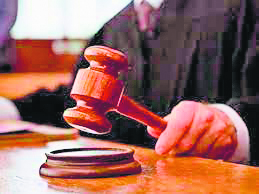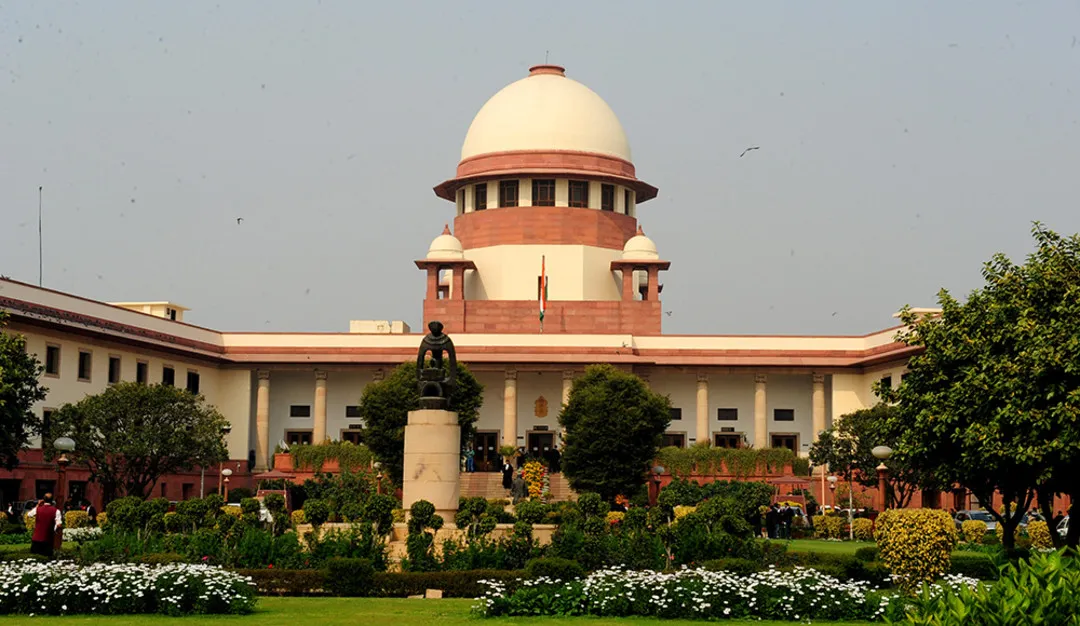The Kerala High Court in the case Thapas Berman v. State of Kerala observed and has held that variations in the evidence only due to normal errors of observation and memory due to the lapse of time will always be there and the same cannot be accepted as material discrepancies touching the core of the case.
The Division bench comprising of Justice P B Suresh Kumar and Justice Johnson John was hearing the present case. In the present case, the conviction is made under section 302 of the Indian Penal Code, IPC. The appellant filed the present appeal before the court wherein it challenged the conviction and sentence imposed on him for the offence under Section 302 of the Indian Penal Code, IPC.
Therefore, the prosecution submitted before the court that the accused and the deceased were working together when a quarrel occurred in connection to their employment leading to enmity and on August 22, 2016, when the deceased was in the kitchen of the restaurant where they worked, the accused stabbed his chest with a steel knife and murdered him.
Further, an FIR was registered, and the Additional Sessions Judge, in a decision dated May 09, 2019 convicted the accused and sentenced him to undergo rigorous imprisonment for life and to pay a fine for an amount of Rs. 50,000/-.
The issue raised before the court was whether the conviction and the sentence imposed against the accused were legally sustainable.
The counsel appearing for the appellant submitted before the court that there was no direct witness to the occurrence, and as such, the evidence adduced from the prosecution was circumstantial, and the prosecution had not succeeded in fully establishing the circumstances from which the conclusion of guilt is to be drawn.
Before the court, it was also argued that the evidence of PWs 1 to 3 connecting the accused to the alleged occurrence was based on the information they received from CW2 and could only be treated as hearsay evidence being not admissible under Section 60 of the Indian Evidence Act, 1872.
The court observed that the respondent referred to Section 6 of the Evidence Act, which speaks to the relevancy of facts forming part of the same transaction, argued that the principle of res gestae was an exception to the hearsay rule. The court stated that the variation in the evidence of PWs 1 to 3 with regards to the exact time of occurrence are only due to normal errors of observation and normal errors of memory due to lapse of time and such discrepancies and errors will always be there and the same cannot be accepted as material discrepancies touching the core of the case.
The court also referred to the case State of Uttar Pradesh v. MK Anthony, wherein it is stated that in trivial matters which do not concern the core of the case, a hyper-technical approach would not permit rejection of the evidence as a whole.
The court while considering the facts and circumstances of the case observed and has accepted the evidence submitted by the prosecution
Accordingly, the court dismissed the appeal.
The counsel. Advocate Sujith Kumar appeared for the Petitioner.
The counsel, Advocate EC Bineesh represented the respondent.























